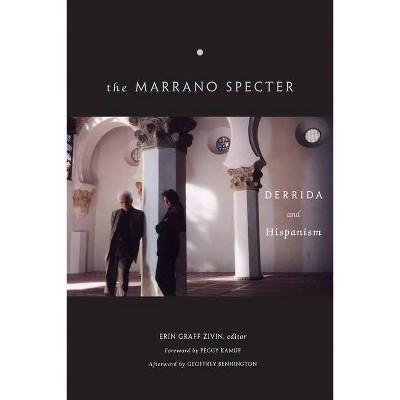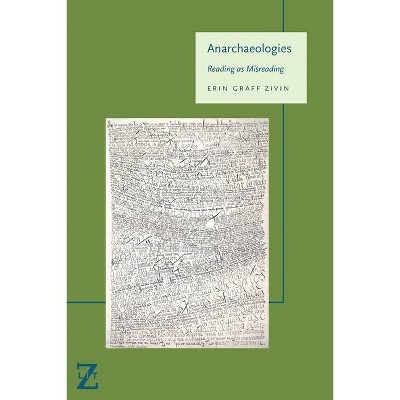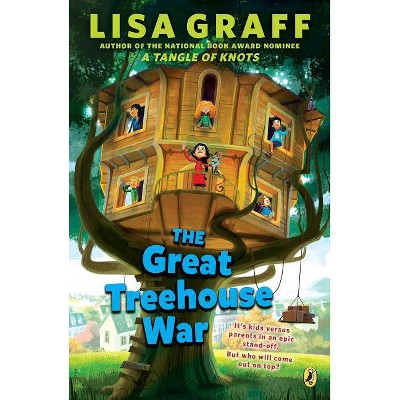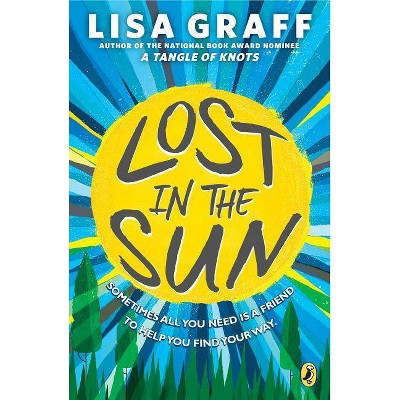The Marrano Specter - by Erin Graff Zivin (Paperback)

Similar Products
Products of same category from the store
AllProduct info
<p/><br></br><p><b> About the Book </b></p></br></br>The Marrano Spirit brings together work by major scholars who collectively pursue the reciprocal influence between Jacques Derrida and Hispanism: his reception within intellectual circles in Spain and Latin America, on the one hand, and the Hispanist or marrano inflection of Derrida's philosophical writings on the other.<p/><br></br><p><b> Book Synopsis </b></p></br></br><p>The Marrano Specter pursues the reciprocal influence between Jacques Derrida and Hispanism. On the one hand, Derrida's work has engendered a robust conversation among philosophers and critics in Spain and Latin America, where his work circulates in excellent translation, and where many of the terms and problems he addresses take on a distinctive meaning: nationalism and cosmopolitanism; spectrality and hauntology; the relation of subjectivity and truth; the university; disciplinarity; institutionality. <p/>Perhaps more remarkably, the influence is in a profound sense reciprocal: across his writings, Derrida grapples with the theme of marranismo, the phenomenon of Sephardic crypto-Judaism. Derrida's marranismo is a means of taking apart traditional accounts of identity; a way for Derrida to reflect on the status of the secret; a philosophical nexus where language, nationalism, and truth-telling meet and clash in productive ways; and a way of elaborating a critique of modern biopolitics. It is much more than a simple marker of his work's Hispanic identity, but it is also, and irreducibly, that. <p/>The essays collected in The Marrano Specter cut across the grain of traditional Hispanism, but also of the humanistic disciplines broadly conceived. Their vantage point--the theoretical, philosophically inflected critique of disciplinary practices--poses uncomfortable, often unfamiliar questions for both hispanophone studies and the broader theoretical humanities.</p><p/><br></br><p><b> Review Quotes </b></p></br></br><br>"A study of both how Derridean scholarship and concepts have shaped the world of Hispanism, and Iberian history as it marked Derrida biographically and intellectually, through the philosopher's abiding interest in the marrano, a figure at once historical and theoretical, identitarian and anti-identiarian. This work by top-notch scholars will contribute to larger debates about disciplinarity and the university today. While the authors locate the traditions they engage in a specifically 'hispanist' history, they indicate how the philosophical interventions are universal and universalizable."<b>---Rachel Price, Princeton University, <i></i></b><br><br><i>"The Marrano Specter </i>dazzles in all of its parts and as a whole. What preoccupies that whole--deconstruction? Hispanism? both? neither?--may turn out to be its secret subject, which makes this collection an exemplary meditation on the nature of identity and the limits of disciplinary thinking."<b>---Andrew Parker, <i>Rutgers University</i></b><br><p/><br></br><p><b> About the Author </b></p></br></br><b>Geoffrey Bennington (Afterword By) </b><br> Geoffrey Bennington is Asa G. Candler Professor of Modern French Thought at Emory University. <p/><b>Erin Graff Zivin (Edited By) </b><br> Erin Graff Zivin is Professor of Spanish and Portuguese and Comparative Literature at the University of Southern California. She is the author of <i>Figurative Inquisitions: Conversion, Torture, and Truth in the Luso-Hispanic Atlantic</i> (winner of the Latin American Jewish Studies Association Book Award) and <i>The Wandering Signifier: Rhetoric of Jewishness in the Latin American Imaginary</i>. <p/><b>Peggy Kamuf (Foreword By) </b><br> Peggy Kamuf is Marion Frances Chevalier Professor of French and Comparative Literature at the University of Southern California. <p/>
Price History
Price Archive shows prices from various stores, lets you see history and find the cheapest. There is no actual sale on the website. For all support, inquiry and suggestion messages communication@pricearchive.us




















